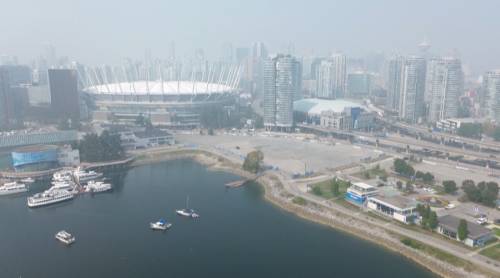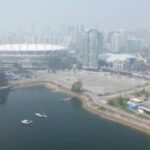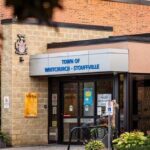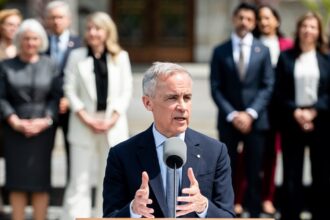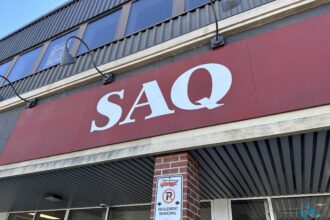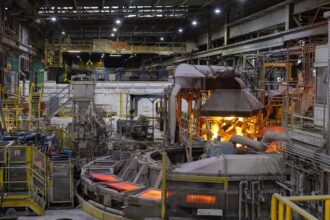The crisp summer air that typically defines British Columbia’s coastal regions has been replaced by an ominous haze this week, as wildfire smoke blankets Metro Vancouver, triggering health concerns and prompting officials to issue a comprehensive air quality advisory. The smoke, drifting from active wildfires in the province’s interior, has created a visible veil across the region’s skyline, turning familiar landscapes into ghostly silhouettes.
Health authorities are warning residents that the fine particulate matter contained in wildfire smoke poses significant risks, particularly to vulnerable populations. Dr. Patricia Montgomery, respiratory specialist at Vancouver General Hospital, explains, “These microscopic particles can penetrate deep into the lungs, potentially exacerbating conditions like asthma, COPD, and heart disease. Even healthy individuals may experience irritation of the eyes, throat, and respiratory tract.”
The Metro Vancouver Regional District has upgraded its advisory system to reflect the deteriorating conditions, with air quality readings in several municipalities exceeding acceptable thresholds. Instruments measuring PM2.5—particulate matter smaller than 2.5 micrometers—have recorded levels up to three times higher than what health officials consider safe for prolonged exposure.
“We’re closely monitoring a complex situation that could persist for several days depending on wind patterns and fire activity,” stated Environmental Officer James Wilson during yesterday’s emergency briefing. “The current forecast suggests we may see these conditions fluctuate but remain concerning through the weekend.”
Public health officials are advising residents to limit outdoor activities, particularly strenuous exercise, while the advisory remains in effect. Indoor spaces with air filtration systems offer the best protection, with community centers throughout the region being designated as clean air shelters for those without access to adequate filtration systems at home.
The smoke’s arrival coincides with a record-breaking wildfire season across British Columbia, where firefighting resources have been stretched thin tackling multiple blazes. The BC Wildfire Service reports that this year’s fire activity has already consumed more than 220,000 hectares—nearly double the ten-year average for this point in the season.
Climate scientists point to this event as yet another manifestation of changing weather patterns affecting the region. “What we’re witnessing is consistent with climate models that predict longer, more intense fire seasons,” explains Dr. Emily Chen, climatologist at the University of British Columbia. “The frequency of these smoke events affecting urban centers has increased dramatically over the past decade.”
For vulnerable populations, including the elderly, pregnant women, and those with pre-existing respiratory or cardiovascular conditions, health authorities recommend creating a personal action plan. This should include consulting healthcare providers about medication adjustments, ensuring adequate supplies of prescribed medications, and identifying clean air spaces.
Local businesses are also feeling the impact, with outdoor dining areas sitting empty and recreational facilities modifying operations. Tourism officials report increased cancellations as visitors reconsider plans amid the hazy conditions.
As Metro Vancouver residents adjust to this increasingly familiar summer phenomenon, the question emerges: are these smoke events becoming the new normal for coastal communities once celebrated for their pristine air quality, and what adaptive measures must we collectively implement to protect public health in this evolving reality?

